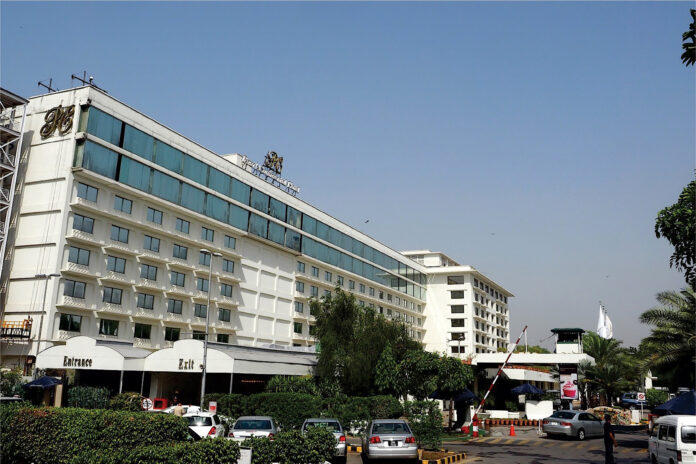When the Covid-19 pandemic hit the world, two industries came to a virtual standstill. With travel restrictions in place, aviation and the hospitality industry both faced an unprecedented crisis. They simply had a sudden and very drastic drop in customers.
Sure, they tried many different things. In Pakistan, for example, the Pearl Continental Hotel was offering covid getaways where customers could isolate themselves in hotel rooms at very cheap rates. But perhaps more than anything else, the pandemic was a wakeup call for hotels. A time where they did not have their usual business and could take a moment to reflect and chart a new course.
Now, things are starting to return to normal. Pakistan Services Limited, the company which owns the Pearl Continental chain, has seen its revenues and capacity return to levels at which they were in 2018. The average occupancy of its hotels stood at 63.86% in 2018 which fell to 46.57% in 2020. After some troubling years, it has finally started to see its occupancy average increase to 60%. Similarly, there has been a revival in revenues and profits in recent years. Of course, the obvious answer is that with the pandemic well and truly over things have just gone back to normal. Business as usual. But to believe only this would be a dangerous game. The recovery is not just to do with a resumption in normal affairs, but there is a story of external and internal forces being harnessed to change its fate. The content in this publication is expensive to produce. But unlike other journalistic outfits, business publications have to cover the very organizations that directly give them advertisements. Hence, this large source of revenue, which is the lifeblood of other media houses, is severely compromised on account of Profit’s no-compromise policy when it comes to our reporting. No wonder, Profit has lost multiple ad deals, worth tens of millions of rupees, due to stories that held big businesses to account. Hence, for our work to continue unfettered, it must be supported by discerning readers who know the value of quality business journalism, not just for the economy but for the society as a whole.To read the full article, subscribe and support independent business journalism in Pakistan









